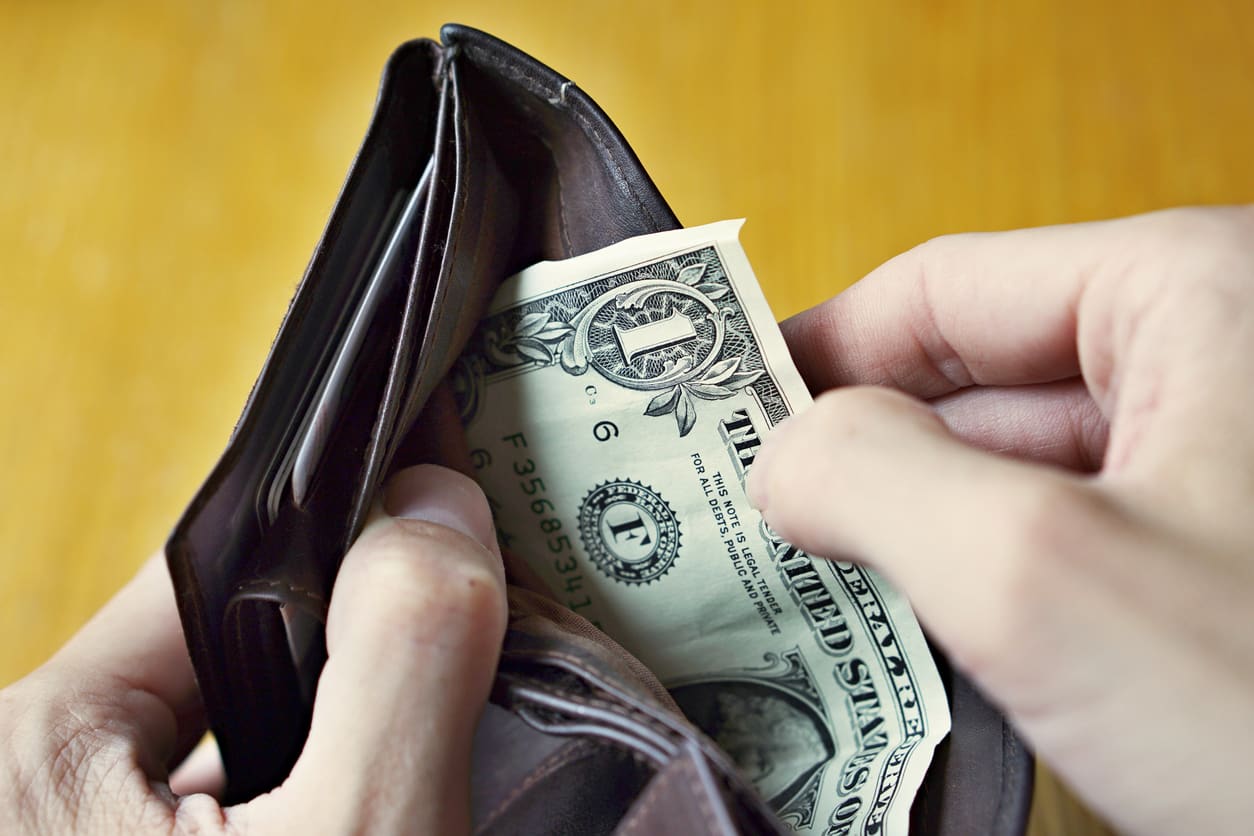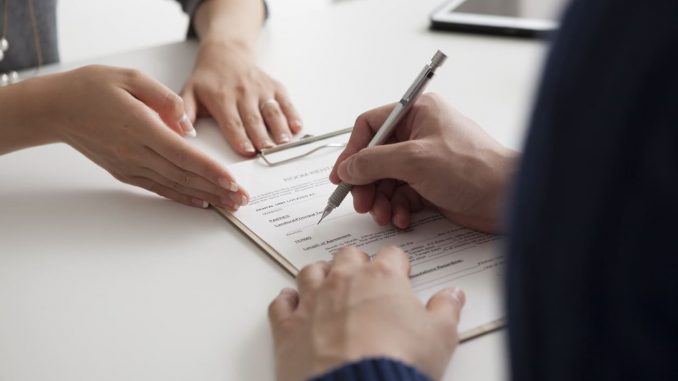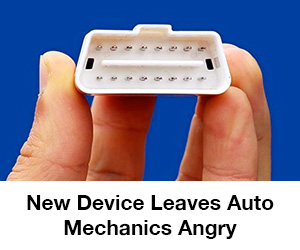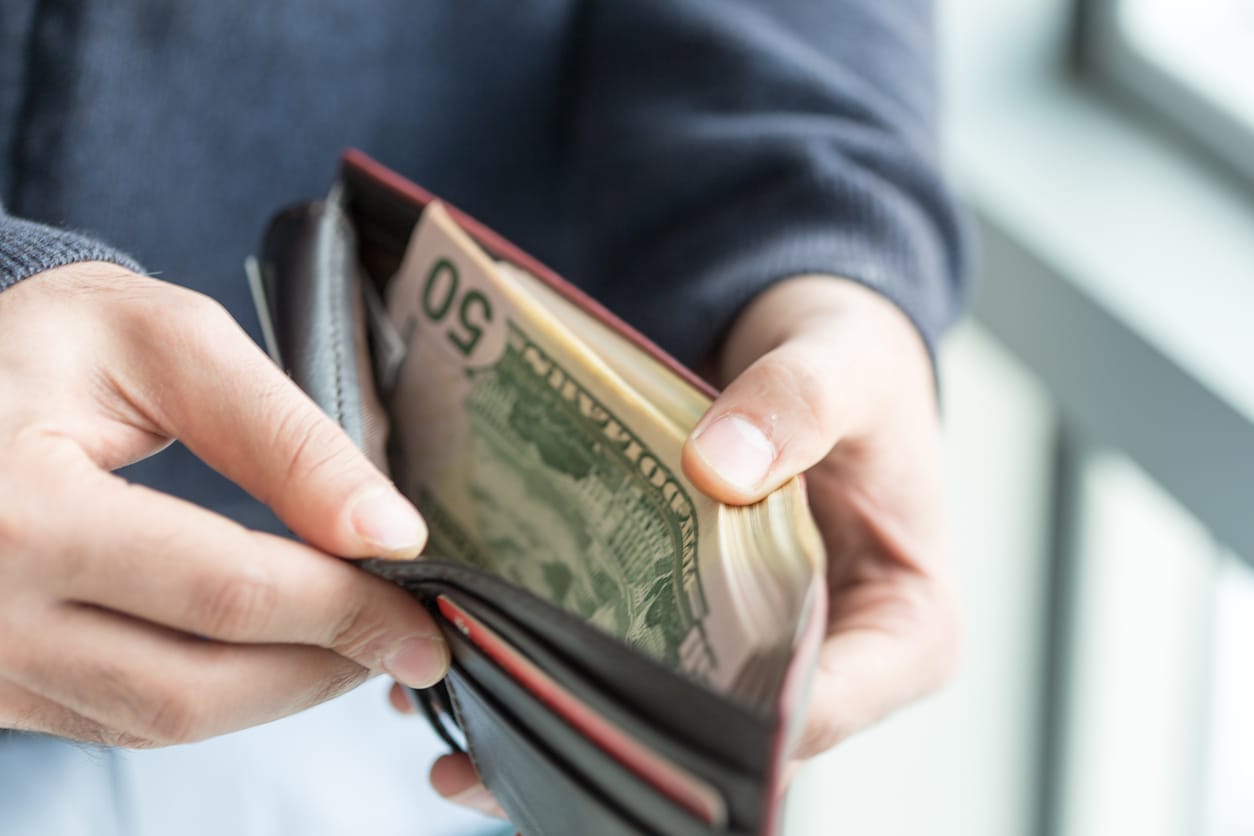8 Ways to Manage Your Money If You Earn Minimum Wage


iStock.com/kokouu
3. Open Checking and Savings Accounts
Those who earn lower incomes are less likely to have a bank account than those who earn more. But, by using prepaid debit cards or check-cashing services instead you’ll end up paying a lot of fees. A recent study shows that households without bank accounts spend between $196.50 – $488.89 in fees from a prepaid debit card.
To avoid this, open a checking account and a savings account. By using a savings account your money will be easier to track and harder to spend. However, just make sure to choose an account carefully. Some bank accounts charge fees if you can’t meet the monthly minimums, so do plenty of research beforehand.
4. Consider Automating
Now that you’ve got access to bank accounts you can automate your payments so you’ll never get hit with a late fee again. You can fully automate all of your utility bills and rental payments, and even send an amount to your savings account. This way all your outgoings will be looked after without you even having to think about it.
However, if you don’t always have enough to make ends meet you might risk going into your overdraft. If you’re not ready to automate your payments, hold back as dipping into your overdraft comes with heavy fees and can hurt your credit score.
5. Get Government Help
There are many government programs that can help those who earn a low-income. These include the house choice voucher program, Medicaid, the Health Resources and Services Administration, and the Supplementary Nutritional Assistance Program.
You also might be able to get help with childcare, car insurance, heating, utilities and more. To see if you are eligible for any of these benefits, check the government’s benefit finder.
















